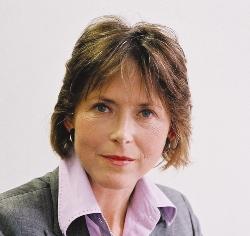The Charity Commission has revised its model charity trust deed, constitution and articles of association to give trustees more flexibility over decisions relating to financial benefits for themselves and others connected to them.
The new wording also brings the documents into line with the model constitutions of the new Charitable Incorporated Organisation.
All of the model documents now:
- allow a trustee or connected person to be paid for supplying just goods to the charity (in addition to the statutory power for them to provide services)
- allow a trustee or connected person to be employed or remunerated by the charity subject to getting permission from the Commission
- include the same provisions for addressing conflicts of interests and conflicts of loyalties
- allow a minority of the trustees to receive financial benefits as beneficiaries (ie where the benefit is money or has a monetary value)
- encourage charity members to resolve internal disputes themselves before resorting to litigation
- make it clear that charities operating substantially in Scotland and/or Northern Ireland must not apply their property for purposes which are not charitable in those countries.
The Commission stated that the new wording in the documents allows charity trustees “to run their charities in a flexible way, subject to a range of controls which reflect sound operational practice”.
This is consistent with comments made by Commission chair Dame Suzi Leather (pictured) at a public meeting of the regulator earlier this month, where she announced that the Commission’s new strategy would involve “less hand-holding” of trustees and greater trust that they know best how to run their own organisations.









